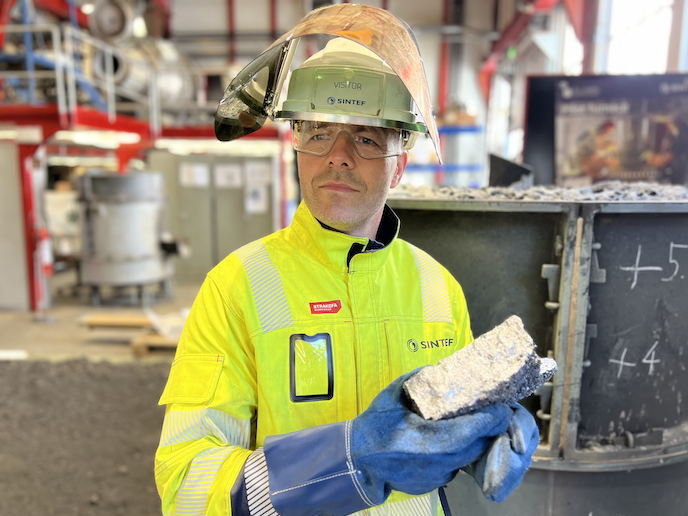Carbon dioxide for chemical synthesis
Chemical synthesis is a vital part of modern life, responsible for creating innumerable plastics, pharmaceuticals and other molecules. It is currently an unsustainable and high-waste industry, and mostly uses fossil fuels as source material. To address this unsustainability, the EU-funded RENOVACARB (Novel applications of renewable based molecules for the production of cyclic carbonates and polycarbonates) initiative looked at ways to use abundant CO2 or carbon waste as a starting material for a range of chemical synthesis protocols. In particular, they looked for new ways to produce cyclic carbonates and polycarbonate molecules using abundant carbon building blocks. Researchers developed a number of new reaction processes, such as sustainable conversion of cyclic and bicyclic oxiranes to cyclic carbonates. Several parameters of this reaction were optimised to improve yield and selectivity. Other RENOVACARB work focused on improving an aminotrisphenolate catalyst for this type of reaction. The researchers also tested and validated these findings to prove that they were industrially applicable. Using abundant waste products for chemical synthesis promises to reduce waste while improving the competitiveness of the EU's chemical synthesis sector.







